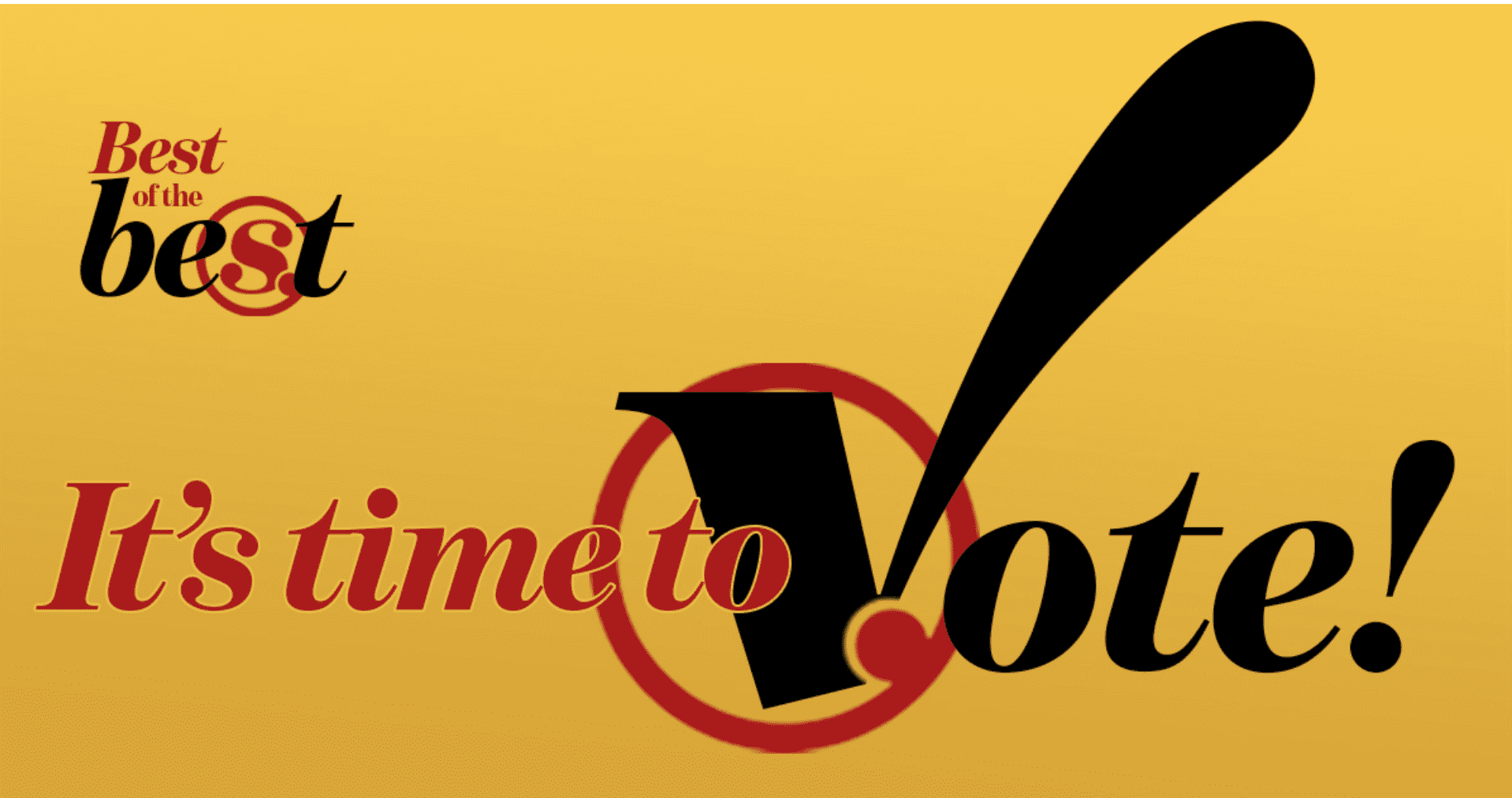By Mary Ann DeSantis
Hamilton’s Philadelphia is hot!
‘Hamilton: An American Musical’ is coming to Florida in 2018, and tickets will be so hot you may have a better chance of learning about this controversial Founding Father on a walking tour of Philadelphia.
Most people know Alexander Hamilton only as the Founding Father whose face is pictured on a $10 bill, but his contributions to the birth of our nation and to the U.S. Treasury system were much more immense. His complicated life, however, was filled with so much drama that musical creator Lin-Manuel Miranda was able to build a Broadway show around him.
When Lin-Manuel read Hamilton’s biography, he envisioned the story as a hip-hop soundtrack. After opening in 2015, “Hamilton: An American Musical” received 11 Tony Awards and has played to sold-out crowds ever since. When the touring productions arrive in Orlando and Tampa for the 2018-19 season, ticket sales will be scalding.
Even if you do score tickets, you may want to learn more about Hamilton before seeing the fast-paced musical that traces his rise from poor orphan to George Washington’s right-hand man and, ultimately, to his death in a duel with Aaron Burr.
Catherine Price, a Philadelphia author and a huge Hamilton fan, set out to let people know that Hamilton’s greatest achievements—and his biggest scandal—happened in her city and not in New York. Catherine developed an app called Alexander Hamilton Walking Tours, which follows Hamilton’s footsteps when he lived in Philadelphia in the 1790s as the first U.S. Treasury secretary.
“I listened to the musical soundtrack, and I got obsessed. I couldn’t sleep at night as the songs echoed through my head,” says Catherine, a young mother who strolled her toddler around Philadelphia’s historical sites while creating the app.
“New York has a ‘Sex in the City’ walking tour app, and that show has been over for 10 years,” she says. “I thought it was time to set the record straight that Philadelphia played a huge role in Hamilton’s story.”
Catherine is also giving 20 percent of the app’s net proceeds to the Friends of Independence Park, a nonprofit organization that aims to restore the large Greek Revival-style building that housed the First Bank of the United States, which Hamilton founded.
The American Revolution
Hamilton’s unbelievable success began as a soldier in the Continental Army at Valley Forge, site of Gen. George Washington’s encampment. Now a U.S. National Park about 45 minutes north of Philadelphia, Valley Forge was the turning point for the American patriots who were on the brink of losing the fight for independence. At Valley Forge, Washington noticed Hamilton’s brilliance and leadership. The young aide, only 22 at the time, worked alongside the general in a stone house that served as the commander’s headquarters. Today, visitors can tour the original Potts House, named for the family that rented it to Washington.
Valley Forge is also where the infamous rivalry between Hamilton and Burr began. Both men were handsome officers, but Washington disliked Burr immensely because of Burr’s womanizing and secretiveness. The seeds of jealousy were sown, and the hatred between Burr and Hamilton grew immensely in the following years, which the musical’s song “My Shot” so aptly explains.
Any visit to Philadelphia must include the Museum of the American Revolution, which opened in April. The city was the headquarters for the Revolution, and the museum serves as a portal to Philadelphia’s other great historical sites.
The museum tells the complete story of the American Revolution. The exhibits—many of them hands-on—feature artifacts, weapons, letters, art, and lifelike re-creations of historic scenes. The most powerful presentation is the final 12-minute theater experience that reveals the crown jewel of the museum: the actual 23-foot-long tent used by Gen. Washington throughout the Revolutionary War.
“The museum has many other characters just as interesting as Hamilton,” says Dr. Philip C. Mead, curatorial director and chief historian. “The Founding Fathers were divided and often at war with each other.”
Those conflicts among the new nation’s leaders and citizens were not ignored in the museum’s 16 galleries. Visitors may even wonder how the country survived the 18th-century political strife, but they leave with a renewed sense of optimism that Americans can rise above turmoil, just as the patriots did.
After a full morning of exploring Philadelphia’s newest museum, stop at The Little Lion, which serves comfort food for breakfast, lunch, and dinner. Alexander Hamilton’s nickname was “little lion,” and the cafe is in a former bank building so it’s an inspirational place to resume the Hamilton walking tour.
The room where it happened
If it has been years since you visited the iconic Liberty Bell, Independence Hall, and the National Constitution Center, it’s definitely time to return. The 2,080-pound Liberty Bell was moved from Independence Hall after the 1976 Bicentennial Celebration, and since 2003 it has had its own glass-enclosed exhibit hall. While the bell is visible through the lighted windows after dark, getting an up-close and personal look at the nation’s most-sacred relic is breathtaking.
Known as the birthplace of America, Independence Hall is the centerpiece of the Independence National Historic Park. Visitors can get free, timed tickets to tour the site from the nearby Independence Visitor Center.
The Assembly Room inside Independence Hall is not the room the “Hamilton” musical troupe made famous, but it is the room where history indeed happened. In this austere chamber, George Washington was appointed commander-in-chief of the Continental Army in 1775. It is also the room where both the Declaration of Independence in 1776 and the U.S. Constitution in 1787 were signed.
Congress Hall, adjacent to Independence Hall, is the oldest building to be used as a meeting place for the U.S. Congress, which met in Philadelphia from 1790-1800 while Washington, D.C., was being constructed. Two of Hamilton’s greatest achievements—the establishment of the First Bank of the United States and the Federal Mint—took place in Congress Hall.
Before leaving Philadelphia, be sure to sign your name on a digital version of the U.S. Constitution in the Signer’s Hall at the National Constitution Center. Life-size bronze statues of 42 Constitutional Convention delegates, including Alexander Hamilton, will be watching over your shoulder as you discover why the U.S. Constitution is as important today as it was when they were building the framework for a new and powerful nation.
For information about all the sites, see visitphilly.com.
Trip tip
Take time to stop at one of the “Once Upon a Nation” storytelling benches scattered around Philadelphia’s Old City and Valley Forge. From Memorial Day to Labor Day, professional storytellers regale visitors with interesting and often little-known facts about the nation’s early leaders, including many revolutionary women. The strategically located benches—13 for the 13 colonies—are great rest stops in a city known for its walkability…and all the stories are free.







